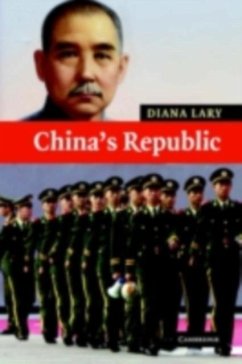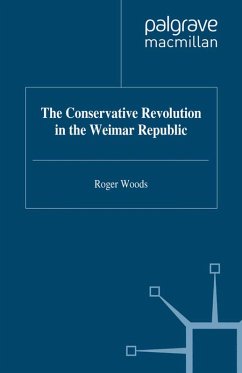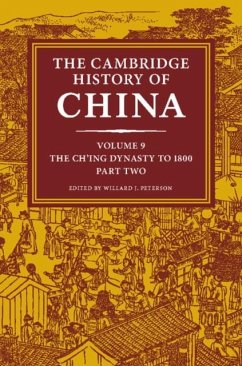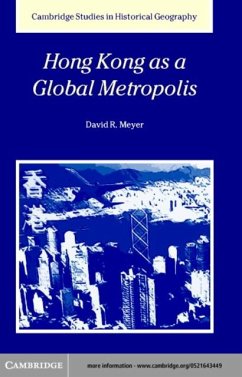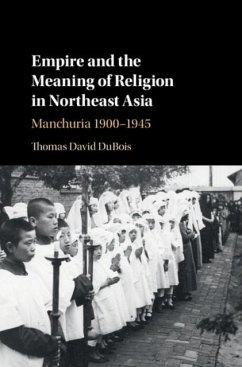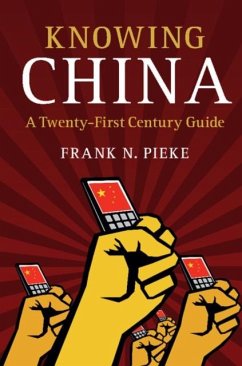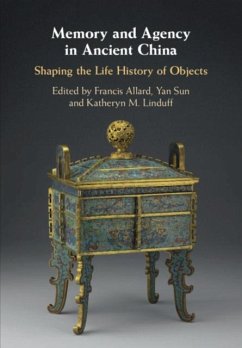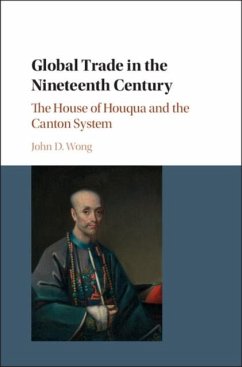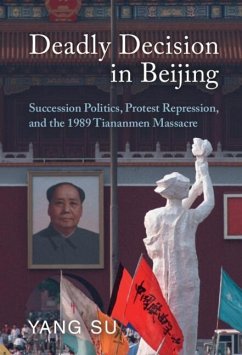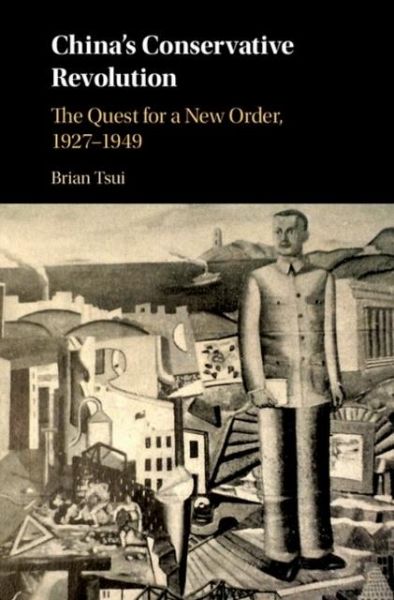
China's Conservative Revolution (eBook, PDF)
The Quest for a New Order, 1927-1949
Versandkostenfrei!
Sofort per Download lieferbar
75,95 €
inkl. MwSt.
Weitere Ausgaben:

PAYBACK Punkte
38 °P sammeln!
In this ambitious examination of the complex political culture of China under Guomindang rule, Brian Tsui interweaves political ideologies, intellectual trends, social movements and diplomatic maneuvers to demonstrate how the Chinese revolution became conservative after the anti-Communist coup of 1927. Dismissing violent struggles for class equality as incompatible with nationalist goals, Chiang Kai-shek's government should, Tsui argues, be understood in the context of the global ascendance of radical right-wing movements during the inter-war period. The Guomindang's revolutionary nation-build...
In this ambitious examination of the complex political culture of China under Guomindang rule, Brian Tsui interweaves political ideologies, intellectual trends, social movements and diplomatic maneuvers to demonstrate how the Chinese revolution became conservative after the anti-Communist coup of 1927. Dismissing violent struggles for class equality as incompatible with nationalist goals, Chiang Kai-shek's government should, Tsui argues, be understood in the context of the global ascendance of radical right-wing movements during the inter-war period. The Guomindang's revolutionary nation-building and modernization project struck a chord with China's reformist liberal elite, who were wary of mob rule, while its obsession with Eastern spirituality appealed to Indian nationalists fighting Western colonialism. The Nationalist vision was defined by the party-state's hostility to communist challenges as much as by its ability to co-opt liberalism and Pan-Asianist anti-colonialism. Tsui's revisionist reading revisits the peculiarities of the Guomindang's revolutionary enterprise, resituating Nationalist China in the moment of global radical right ascendancy.
Dieser Download kann aus rechtlichen Gründen nur mit Rechnungsadresse in A, B, BG, CY, CZ, D, DK, EW, E, FIN, F, GR, HR, H, IRL, I, LT, L, LR, M, NL, PL, P, R, S, SLO, SK ausgeliefert werden.




